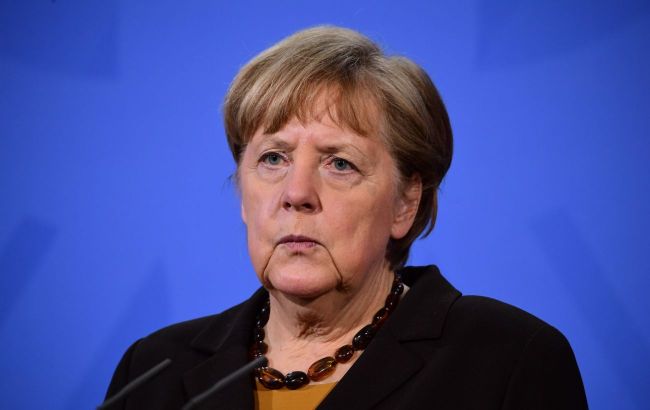Merkel explains opposition to Ukraine joining NATO in 2008
 Former German Chancellor Angela Merkel (Photo: Getty Images)
Former German Chancellor Angela Merkel (Photo: Getty Images)
The NATO summit in Bucharest in 2008 saw a controversial decision to deny Ukraine and Georgia entry into the Membership Action Plan (MAP), a move that continues to draw criticism. Former German Chancellor Angela Merkel recently explained her reasoning, citing factors she considered critical for the Alliance's security, Die Zeit reports.
Merkel emphasized her understanding of Central and Eastern European nations’ desire to join NATO as quickly as possible but argued that new members must enhance not only their security but also that of the Alliance.
"I understand the desire of Central and Eastern European countries to join NATO quickly. However, admitting a new member must bring more security not just to them but to NATO as a whole," Merkel stated.
Merkel pointed to the risks posed by Russia’s Black Sea Fleet, stationed in Crimea under an international agreement, as a significant consideration.
"No NATO candidate had such an entanglement with Russian military structures. Furthermore, at that time, only a minority of Ukrainians supported NATO membership," Merkel recalled.
She also expressed skepticism about the notion that granting Ukraine and Georgia MAP status would have deterred Russian aggression.
"I thought it was an illusion to assume MAP status would protect Ukraine and Georgia from Putin's aggression or serve as a deterrent. Could NATO members have responded militarily? And as Chancellor, could I have secured a Bundestag mandate for such action?" she explained.
Merkel acknowledged that the compromise reached at the Bucharest summit dashed Ukraine and Georgia’s hopes:
"The fact that Georgia and Ukraine did not receive a MAP commitment was a 'no' to their aspirations. However, NATO's promise of future membership for these countries was a 'yes' for Putin, interpreted as a declaration of war."
Ukraine's path to NATO
Amid the full-scale war with Russia, Ukraine made significant strides toward NATO membership, submitting a fast-track application in the fall of 2022.
Ukrainian leaders continue to press for a political decision, including a clear timeline for joining NATO. However, no concrete steps have yet been taken.
NATO allies have repeatedly affirmed that "the door to NATO remains open" for Ukraine but stress that membership is not possible while the war continues.
President Volodymyr Zelenskyy considers NATO's invitation to Ukraine critical to his victory plan. Ukrainian officials fear shifts in US policy toward NATO and Ukraine, so they aim to secure the invitation before Donald Trump's potential return to the White House.

